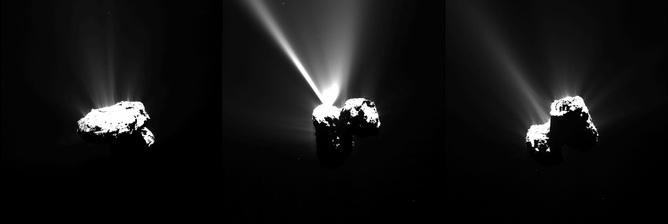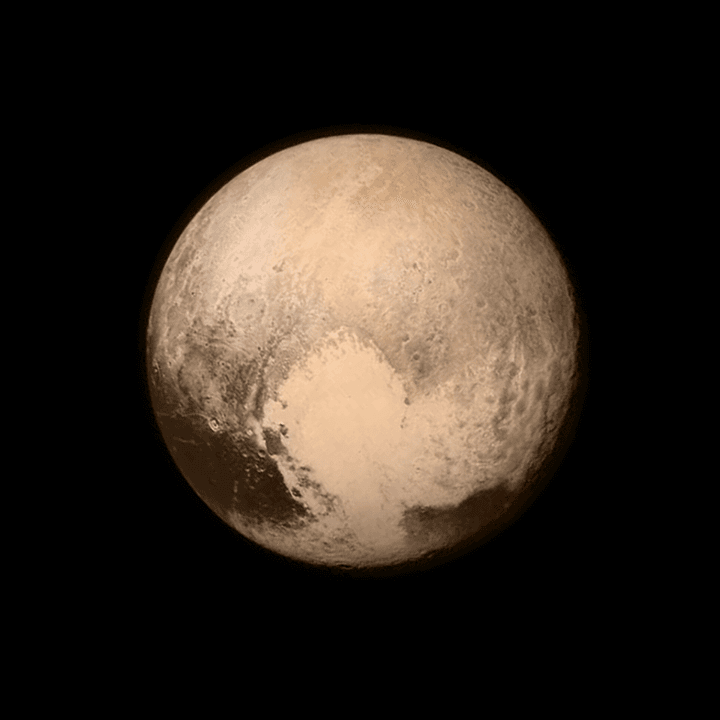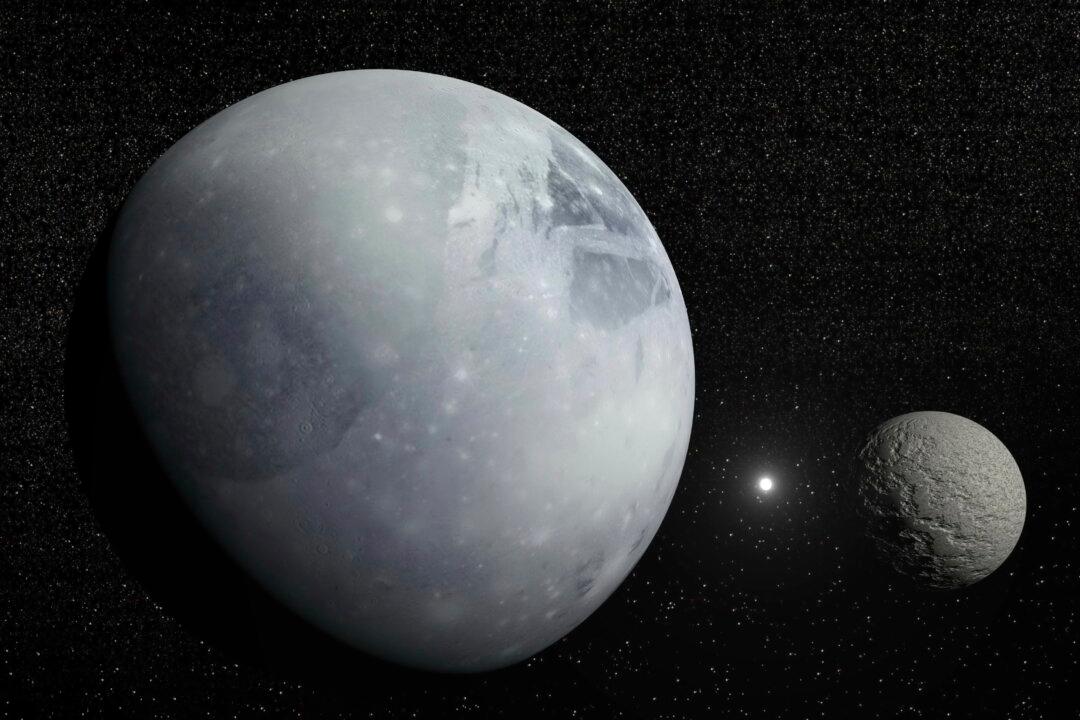World Space Week is one of a series of events co-ordinated by the UN to celebrate the global nature of space exploration. It was established in 1999.
Why is it organised this particular week? Because October 4 1957 was when Sputnik, the first artificial satellite to orbit the Earth was launched – and that’s when the “space age” began. Ten years later, on October 10 1967, through the auspices of the United Nations, the Treaty on Principles Governing the Activities of States in the Exploration and Peaceful Uses of Outer Space was signed.
With this action, there was international recognition that, like Antarctica, space was a “region” which belonged to no nation and to all nations – and the international governance of space exploration began. What has been achieved since signing of the treaty, and has our understanding of space exploration changed over the years since Sputnik’s launch?
There is little doubt that the first 40 years of the space age had enormous global influence. In rapid succession, we had the first dog, man and woman in space. And then the first astronauts to walk on the moon.
Remotely-obtained imagery became a regular feature in the news. Not only did we see, for the first time, pictures of the Earth’s surface, but also views of the Earth as a planet – the pale blue dot.
As planetary exploration continued, greater details of the surfaces of the moon and Mars were augmented by spectacular images of the outer planets and their satellites, as well as by equally spectacular pictures of the sun’s surface and the ejection of solar flares.
Colourful images of nebulae captured by the Hubble Space Telescope reminded us that space was not void of movement or activity. All in all, by the time the first World Space Week was organised in 1999, we were comfortably familiar with the notion that space exploration was a natural extension of global exploration, with sailing ships superseded by spaceships.





